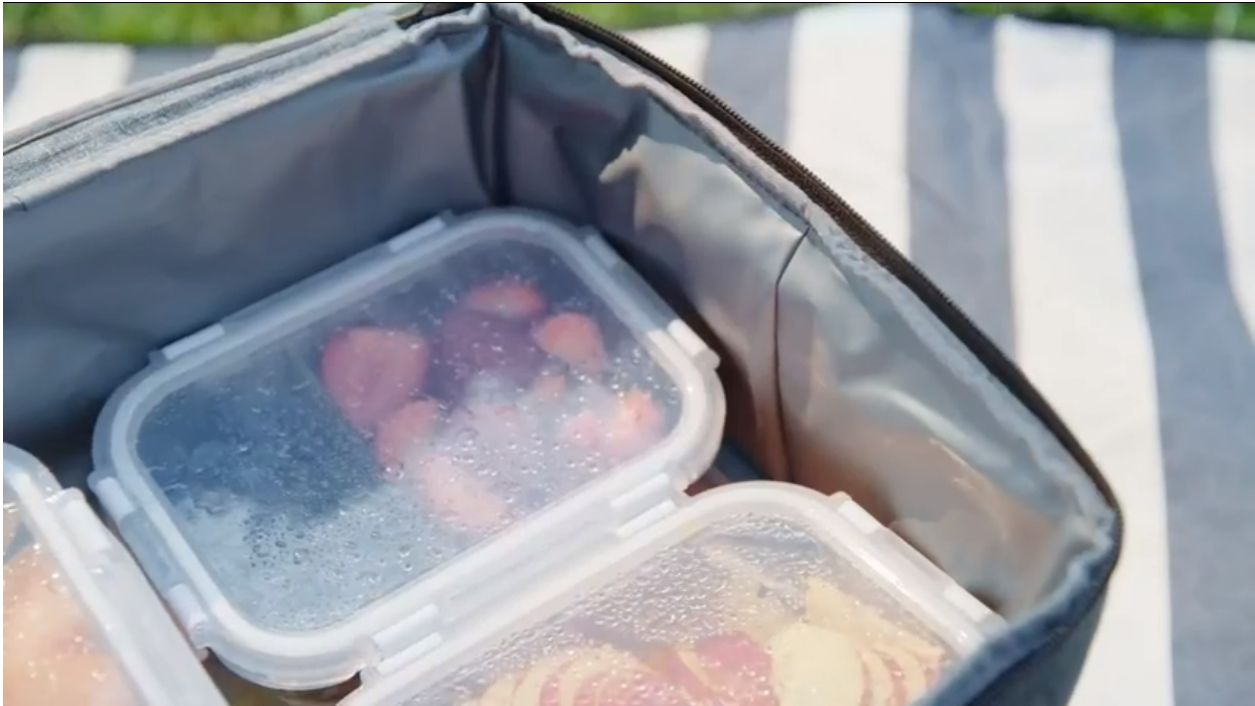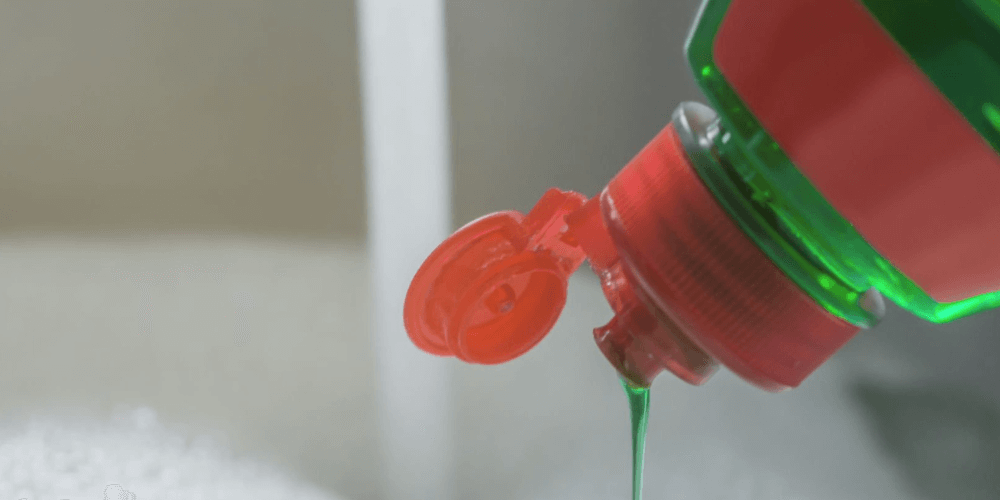As we get deeper into the era of sustainability, the kitchen emerges as a pivotal battleground in the fight against waste. The latest innovations in reusable food storage are not just about keeping food fresh; they're about revolutionizing how we store, cook, and think about our food in alignment with eco-friendly practices.
This article explores cutting-edge solutions that are pushing the boundaries of what's possible in sustainable food storage, from smart containers to zero-waste systems and beyond. Join us as we uncover how these innovative products can transform your kitchen into a beacon of sustainability.
In This Article
- Smart Containers
- Multi-Functional Designs
- Materials of the Future
- Zero-Waste Systems
- Modular and Space-Saving Solutions
- Community and Crowdsourced Innovations
- How to Integrate Innovative Solutions into Your Kitchen
- Call to Action
Smart Containers
In the quest for a more sustainable and efficient kitchen, smart containers are leading the charge. These aren't your average food storage solutions; they're equipped with innovative features designed to reduce waste and streamline your kitchen management. Imagine containers that come with freshness tracking capabilities, utilizing smart tags or QR codes that you can scan with your smartphone. These features allow you to monitor expiration dates, receive reminders to use items before they spoil, and even suggest recipes based on what's in your pantry.
Moreover, some smart containers are integrated with apps that help manage your pantry inventory, making grocery shopping more efficient and preventing overbuying. With built-in date indicators, these containers take the guesswork out of determining whether your leftovers are still safe to eat, promoting food safety and reducing waste.
For an insightful look into the world of smart containers and how they're revolutionizing food storage, check out this video on YouTube by CNBC International TV.
Multi-Functional Designs
The future of reusable food storage lies in versatility. The latest products on the market are breaking the mold by offering multi-functional designs that cater to a variety of kitchen needs. These innovative containers are not just for storing food; they can also be used for cooking, serving, and even growing herbs or vegetables right on your countertop.
For instance, some containers now double as steaming vessels for the microwave, while others can go straight from the freezer to the oven without the need for transferring contents to different dishes. This not only saves time and effort but also reduces the number of dishes to wash, making your kitchen routine more sustainable.
Even more fascinating are the containers designed with hydroponic systems, allowing you to grow fresh herbs or lettuce with minimal space and effort. These systems combine the utility of food storage with the joy of indoor gardening, bringing a new level of innovation to eco-friendly kitchens.
Materials of the Future
As we strive for more sustainable living practices, the materials used in food storage solutions are evolving. Moving away from traditional plastics, the market is seeing an influx of products made from bioplastics, plant-based materials, and upcycled substances. These materials offer a lower environmental impact without compromising on durability or functionality.
Bioplastics, derived from renewable resources like corn starch or sugarcane, provide a sustainable alternative to petroleum-based plastics. They're designed to biodegrade more quickly under the right conditions, reducing long-term waste. Plant-based materials, such as bamboo or wheat straw, are not only sustainable but also add a natural aesthetic to kitchenware.
Upcycled materials are another innovative approach, turning waste products into high-quality food storage solutions. For example, containers made from recycled plastic bottles or ocean-bound plastic help tackle pollution while offering consumers eco-friendly options.
These materials of the future are not just about reducing environmental impact; they're also about reimagining what our kitchen essentials can be made of, paving the way for a greener, more sustainable world.
Zero-Waste Systems
In the quest for sustainability, zero-waste systems are leading the charge by offering innovative solutions that aim to eliminate waste entirely. These systems often involve reusable packaging services where consumers can return containers for reuse, or products that come with a return-and-reuse program directly from the manufacturer. Such initiatives not only reduce the reliance on single-use plastics but also foster a circular economy, where every item is designed to be reused rather than discarded.
Modular and Space-Saving Solutions
As kitchens become more compact, the demand for space-saving solutions has never been higher. Enter the world of modular and collapsible containers, stackable sets, and customizable systems designed to maximize kitchen space without sacrificing functionality. These innovative designs allow for easy storage and organization, making them perfect for small kitchens, minimalists, or anyone looking to declutter their space with eco-friendly options.
Community and Crowdsourced Innovations
The power of community and crowdsourcing is reshaping the landscape of sustainable food storage. Many of today's most innovative products have been developed with direct input from consumers or through crowdfunding platforms. This approach not only ensures that the products meet real-world needs but also highlights the critical role of consumer demand in driving the development of sustainable solutions. Showcasing these community-driven innovations emphasizes the collective effort required to make a significant impact on reducing waste and promoting eco-friendly practices.
How to Integrate Innovative Solutions into Your Kitchen
Adopting innovative food storage solutions in your kitchen can seem daunting, but it's a rewarding journey towards sustainability. Start by assessing your current food storage needs and identifying areas where innovative products could make a difference. Consider beginning with one or two products, such as a smart container to keep track of perishables or a modular system to declutter your space. Remember, the goal is to find a balance between sustainability, convenience, and budget. Gradually, as you become more accustomed to these new tools, you can expand your collection, further reducing your environmental footprint.
Call to Action
The journey towards a more sustainable kitchen is ongoing, with new innovations constantly emerging on the horizon. We encourage you to stay informed about the latest developments in eco-friendly food storage and to support companies and products that align with your sustainability goals. Your choices can drive change, encouraging more innovations in this space. Share your discoveries, experiences, and tips for sustainable kitchen practices with others. Together, we can make a significant impact, one innovative food storage solution at a time.





